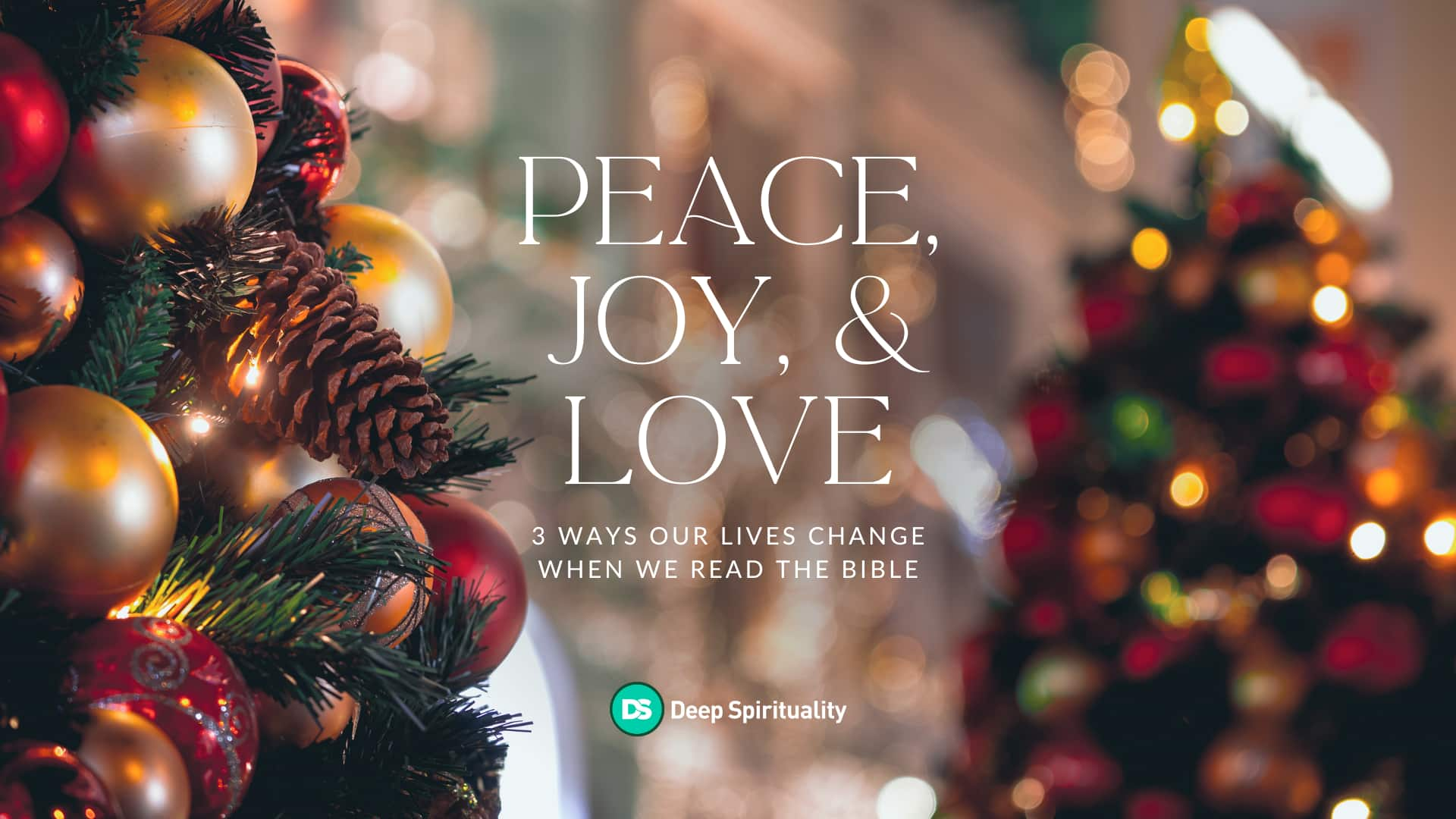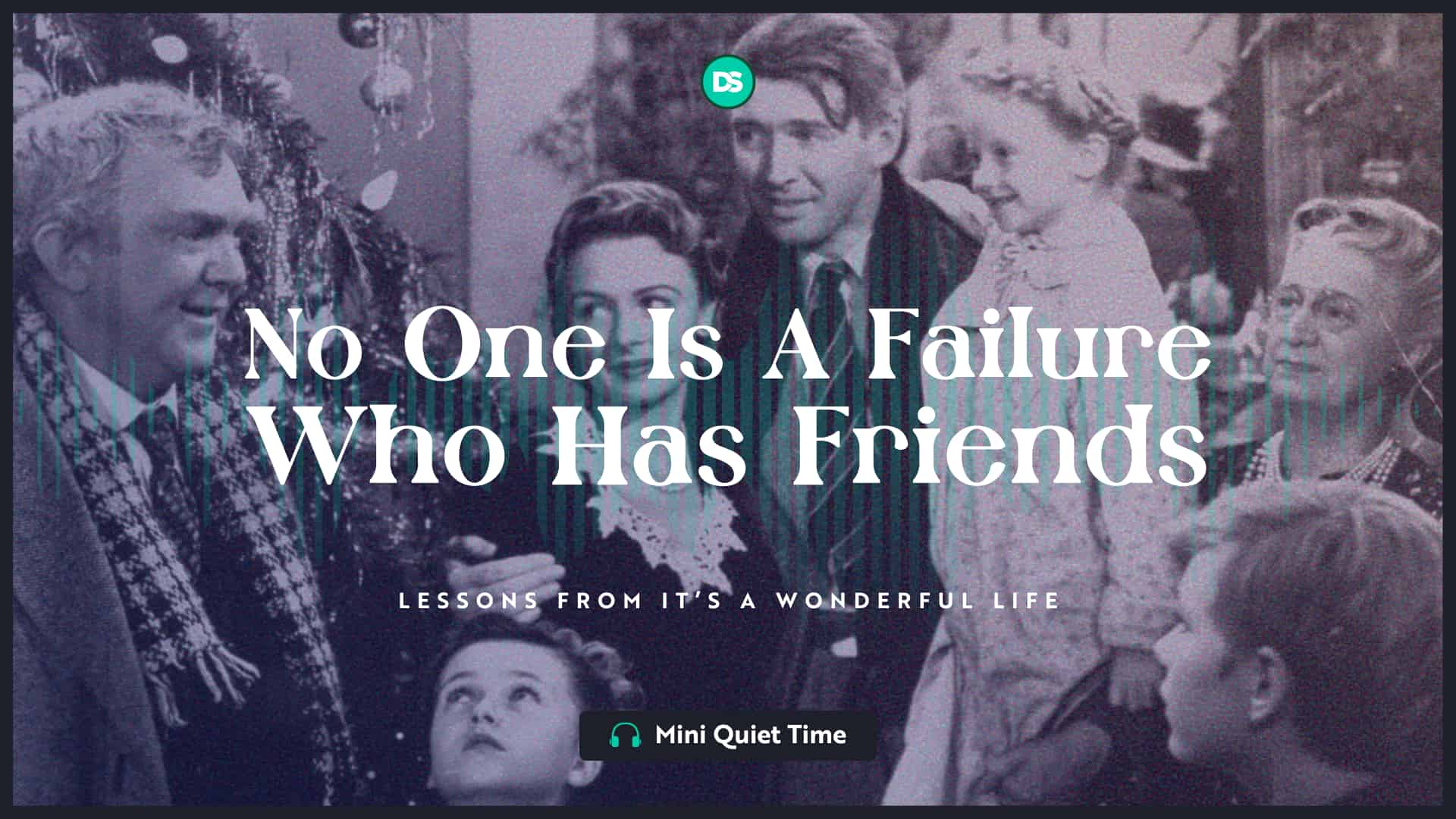Don’t let selfishness and prideful agendas take over. Embrace true humility, and lift your heads to extend love to others. [4] Get beyond yourselves and protecting your own interests; be sincere, and secure your neighbors’ interests first.
Philippians 2:3-4 Voice
The Bible defines humility as getting beyond ourselves and instead securing our neighbors’ interests first.
Embracing true humility means we “lift our heads” to truly see other people’s needs and extend our love to them. Timothy had this kind of true humility.
I hope in the Lord Jesus to send Timothy your way. He will visit soon so that he may report to me how you are doing. To hear all that is going on with you will truly encourage my heart. [20] There is no one like Timothy. What sets him apart from others is his deep concern for you and your spiritual journey. This is rare, my friends, [21] for most people only care about themselves, not about what is dear to the heart of Jesus the Anointed.
Philippians 2:19-21 (Voice)
In this article we’re going to discuss five steps that can help us have the “Timothy impact” that humility can have on the lives of others. Follow these steps and scriptures to equip you with the humility necessary to have the kind of concern for others Timothy had.
Admit what you need
Therefore humble yourselves [demote, lower yourselves in your own estimation] under the mighty hand of God, that in due time He may exalt you, [7] Casting the whole of your care [all your anxieties, all your worries, all your concerns, once and for all] on Him, for He cares for you affectionately and cares about you watchfully.
1 Peter 5:6-7 AMPC
We cannot have the deep concern for others that Timothy had without first unburdening our own concerns that take up space in our hearts. When we have the humility to admit we need God, we can unload all of our anxieties, worries, concerns, and insecurities onto him.
God wants us to tell him everything. He really does want to know; yet, oftentimes, we don’t tell him. It’s easy to question whether he wants to hear the right answer versus our real answer. We may doubt whether or not God is interested in getting to know us for who we are versus who we pretend to be.
I can relate to keeping my heart to myself, not trusting that God really wants to know my “good, bad and ugly.” I did not grow up feeling like people around me really wanted to know. So I chose to keep my anxieties, worries, and concerns to myself.
[16] I am hurt and lonely. Turn to me, and show me mercy. [17] Free me from my troubles. Help me solve my problems.Psalm 25:15-17 (ERV)
David in this scripture wanted God to know his heart. He felt hurt and lonely, but took his problems to God and expressed what he needed. I can still struggle today with keeping my heart to myself. I need to take those questions and doubts to God if I am going to have a heart that is freed up to have that deep concern for others.
Reflection Questions
- In what area of your life do you question whether or not God cares?
Embrace who you are
Once we have the humility to admit what we need, we must next embrace who we are – needs, weaknesses, flaws, and all.
When a sinful woman in that town found out that Jesus was there, she bought an expensive bottle of perfume. [38] Then she came and stood behind Jesus. She cried and started washing his feet with her tears and drying them with her hair. The woman kissed his feet and poured the perfume on them. [39] The Pharisee who had invited Jesus saw this and said to himself, “If this man really were a prophet, he would know what kind of woman is touching him!
He would know that she is a sinner.” [44] He turned toward the woman and said to Simon, “Have you noticed this woman? When I came into your home, you didn’t give me any water so I could wash my feet. But she has washed my feet with her tears and dried them with her hair. [47] So I tell you that all her sins are forgiven, and that is why she has shown great love. But anyone who has been forgiven for only a little will show only a little love.”
Luke 7:37-39, 44, 47 CEV
Like the woman in the story, all of us have flaws or mistakes we are ashamed of. But rather than try to hide or prove herself, the woman was humble enough to embrace who she was, which made her grateful. Because she saw how much she needed to be forgiven, she was able to love that much more.
The Pharisee was judgmental and proud. He couldn’t love because he wasn’t humble enough to embrace all of his flaws and weaknesses as the woman did.
Throughout my life, being accepted has been something I’ve desired most. However, the relationships around me led me to believe that I would not be accepted if I chose to be honest about my fears and insecurities.

I felt different and unwanted a lot of times. This led me to cover up my flaws and weaknesses, and I would constantly try to make myself look better. But this made me a really bad friend, because in trying to make myself look better I would tear the people around me down, caring so much about myself and how I looked that I didn’t have the room to care about other people. I was like the Pharisee in this story.
The woman in this story was freed up to love Jesus because she felt so loved by him. She was already accepted, so she had nothing to prove or hide. Because she believed Jesus embraced her for who she was, she was able to do the same and so had so much more room to love.
If we want to be more loving friends, we need to be willing to see the dark and ugly parts of ourselves and work in prayer to believe that God loves us anyway. When we transparently embrace who we are, we are freed up to love the people around us.
Reflection Questions
- What insecurities and flaws prevent you from embracing who you are with God and friends? How does refusing to embrace these flaws make you unloving in relationships?
Know your (and others’) worth
It is not enough to simply embrace our flaws. We need to see ourselves the way God sees us in order to see and love others the way God does.
The reward of humility [that is, having a realistic view of one’s importance] and the [reverent, worshipful] fear of the LORD Is riches, honor, and life.
Proverbs 22:4 AMP
Don’t change yourselves to be like the people of this world, but let God change you inside with a new way of thinking. Then you will be able to understand and accept what God wants for you. You will be able to know what is good and pleasing to him and what is perfect. [3] God has given me a special gift, and that is why I have something to say to each one of you. Don’t think that you are better than you really are. You must see yourself just as you are. Decide what you are by the faith God has given each of us.
Romans 12:2-3 ERV
Both of these scriptures talk about how we view ourselves. The Proverbs 22 scripture teaches us that humility (a realistic view of one’s importance) combined with a fear of God (right view – reverent and worshipful) is rewarding. But how do you determine a realistic view of your importance?
Romans 12 tells us we should decide what we are by the faith God has given us. This means we need to change the way we think and see ourselves, our circumstances, and our relationships through God’s eyes.
When we read the Bible, rather than look for validation for our pride that we’re doing everything right or be guilty that we’re doing everything wrong, we should instead look for God’s perspective. God doesn’t base our worth off of merit, but thinks we’re worthy simply because he loves us (Deuteronomy 7:7-8 NLT).
That’s the whole point of Jesus dying on the cross for our sins – he died so that we wouldn’t determine our value by how we look or what we do, but by God’s love for us (2 Corinthians 5:15-18 NLT). This means whether we are a huge success or the biggest failure, our worth stays the same. Having the humility to see ourselves the way God sees us will help us love others the same way.
Live happily together in a spirit of harmony, and be as mindful of another’s worth as you are your own. Don’t live with a lofty mind-set, thinking you are too important to serve others, but be willing to do menial tasks and identify with those who are humble minded. Don’t be smug or even think for a moment that you know it all.
Romans 12:16 TPT
When we do the work to see ourselves the way God sees us, we won’t try to be anything we’re not. This frees us up to serve and love others who we may otherwise see as below us. We can then help others see their own worth and view themselves the way God views them, as well.
Reflection Questions
- When you read the Bible, are you focused on behavior or on seeing things from God’s perspective?
- How do you view the worth of yourself and those around you?
Choose others the way God chose you
Once we view ourselves and others through God’s eyes, we can love the way he loves. This means choosing others wholeheartedly the way God chooses us!
The LORD says, “People of Jacob, you are my servants. Listen to me! People of Israel, I chose you.” [2] This is what the LORD says, who made you, who formed you in your mother’s body, who will help you: “People of Jacob, my servants, don’t be afraid. Israel, I chose you.”
Isaiah 44:1-2 NCV
This scripture tells us that God personally chose us. It was a deliberate, thought-out, and wholehearted decision. This decision had nothing to do with our abilities, achievements, or what we could give in return.
When I let go of my pride and do all the steps preceding this one – admit need, embrace who I am, and see myself and others from God’s point of view – I see that I can rely on God and my friends, and am freed up to love others to the same depth God loves me.
After all, what gives us hope and joy, and what will be our proud reward and crown as we stand before our Lord Jesus when he returns? It is you! [20] Yes, you are our pride and joy.
1 Thessalonians 2:19-20 NLT
In this scripture, Paul says that the Thessalonians, the people he’s talking to, are his pride and joy! His pride and joy do not come from his achievements, status, or appearance, but from the people he loves.
All the energy and time we put into our own pride can be channeled into other people. This is the “Timothy impact.” Like God chooses us, we can choose our friends and be invested in helping them see God’s purpose for their lives.
Not only does this make us more loving friends, but we become so much happier and more hopeful, because our joy comes from making others better rather than ourselves!
Reflection Questions
- How has God personally chosen and loved you?
- What friends can you choose to love that way today?




